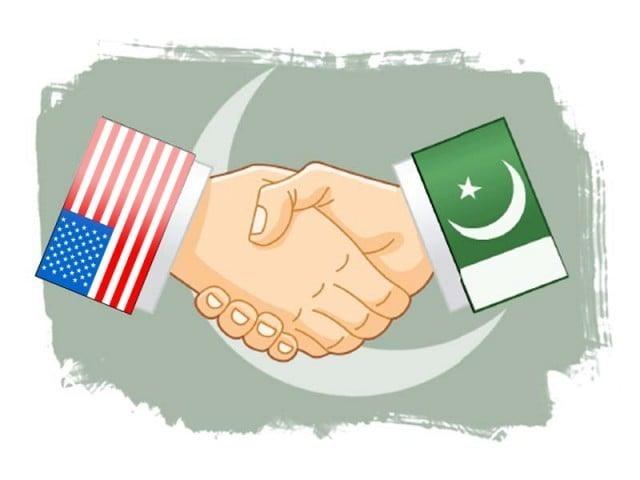Islamabad:
An American reflection group advised the Trump administration to continue a pragmatic relationship and focused on interests with Pakistan, stressing that the isolation of the South Asian nation is counterproductive for American national security interests.
“Pakistan isolation is not in the interests of national security in the United States. Pakistan cooperation, even if it is selective and limited, is better than its intransigence,” said a report by the Hudson Institute, a research organization promoting American leadership for a secure, free and prosperous future.
Entitled “Engaging Pakistan in a new era of American foreign policy”, the report is the product of the American-Pakistan study group, including experienced diplomats and analysts. The contributors include former ambassador Husain Haqqani, Sahar Khan, Michael Kugelman, Ambassador Cameron Munter, Ambassador Anne Patterson, Ambassador Robin Raphel, Harlan Ullman, Dr. Marvin Weinbaum and Uzair Yunus.
The report indicates that the United States and Pakistan have a long history of work together. In the future, the two countries could benefit from the identification of common interests and cooperation accordingly. Even the selective or limited cooperation of Pakistan is considered more precious than disengagement.
The report indicates that the recent Crisis of India-Pakistan would have brought the two countries of South Nuclear Asia to the edge of the war before the United States intervened and removed them.
“This crisis highlights the need for a continuous commitment from the United States with Pakistan, a critical country in a geostrategic place with which Washington has historically had a complex relationship,” he adds.
The relationship between Pakistan and the United States has resisted many ups and downs. During the first months of his second term, President Donald Trump said he intended to adopt a more pragmatic foreign policy, which maintains relations even with countries that have different beliefs or values of his, according to the report.
Consequently, the relationship between the United States and Pakistan has a better chance of improvement it has played in recent years – if the leaders of the two countries are able to focus on common interests rather than ideological differences.
In the aftermath of the 2025 crisis, American decision -makers emphasize the importance of engaging with India and Pakistan to prevent and manage crises between the two nuclear arms neighbors. Given the serious threat posed by any future conflict or nuclear climbing in South Asia, the United States is encouraged to play an active role in mediation efforts during these crises.
The experience of previous administrations has shown that Pakistan’s strategic calculation on India is unlikely to be changed by incentives or pressure. Instead, a more realistic approach is recommended – that which accepts the self -perception of Pakistan and works in this context rather than trying to reshape it.
Another area of mutual interest is the fight against terrorism. While the United States continues to monitor terrorist groups, Pakistan also faces internal threats from militant extremist organizations.




